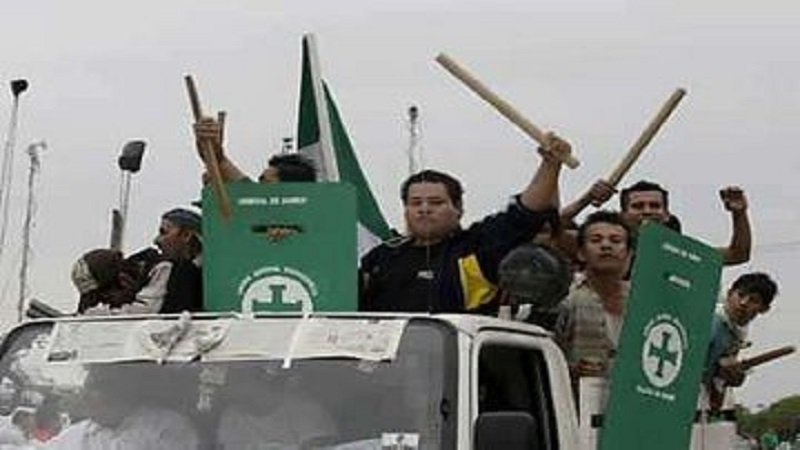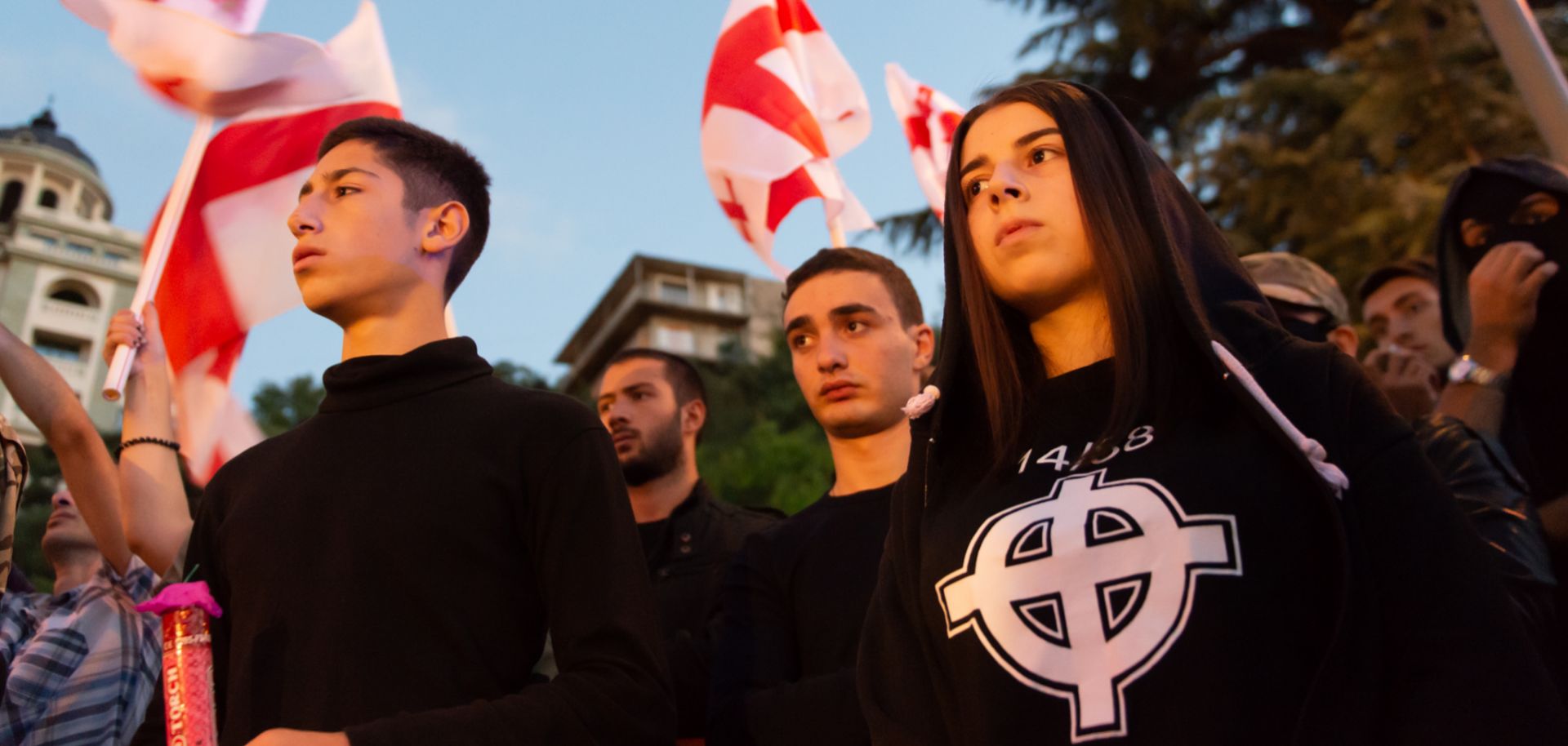Latin America
Related: About this forumBolivia's Aymara Nation: Indigenous Climate Issuespe
Saturday, 2 September 2023, 4:40 am
Press Release: IPMSDL
The inter-generational dialogue “ARUSKIPAÑAWA WAKISI JIWAS MAYJT’ATA QAMAWISA
Road to the United Nations Climate Change Conference (UNFCCC COP 28)” has been carried out to address environmental concerns, climate change, and biodiversity loss, taking into account that the framework of the United Nations Framework Convention on Climate Change has recognized the fundamental role of Indigenous Peoples. The dialogue aims to gather Indigenous Peoples’ recommendations for the negotiations at the 28th United Nations Climate Change Conference.
The dialogue was organized by CIVICUS, the International Indigenous Peoples’ Movement for Self-Determination and Liberation (IPMSDL), Red de Jóvenes Indígenas de América Latina y el Caribe (RED-ALC), Centro de Estudios Multidisciplinarios Aymara (CEM-Aymara), Universidad Pública de El Alto (UPEA), Instituto de Investigaciones de Trabajo Social with participants from the Organizaciones de Pueblos Indígenas Regionales, Organizaciones de Pueblos Indígenas nivel Bolivia, Autoridades Indígenas tradicionales, Mujeres Indígenas y Jóvenes Indígenas and Estudiantes de la Universidad de Pública de El Alto (UPEA).
The Aymara Nation
The Aymara Nation faces several challenges such as poverty, discrimination, limited access to the justice system, violation of human rights, respect for free, prior and informed consent (FPIC), lack of protection of our traditional knowledge, lack of access to drinking water and lack of access to comprehensive health care for Indigenous Peoples with specialized care for Indigenous Youth and Children.
The damage to Mother Earth produces the disintegration of the community, due to migration, for example the Poopó Lake is drying up and families are no longer fishing and are forced to migrate to the city of Challapata, the Chapare and different parts of the country, disintegrating families and in other cases in the worst working conditions. It is necessary to re-educate, before there were ways to treat waste and it was used as fertilizer, now people have opted to use plastics, and the production no longer supplies for the family.
On this note, the dialogue aims to improve knowledge about the effects of climate change and the global response framework under the United Nations Framework Convention on Climate Change; understand the connections between climate change and indigenous rights, particularly the role of traditional authorities, women, and Indigenous Youth; and develop messages and recommendations for COP28.
The consultation was held on June 23, 2023, in the city of Altupata Marka, in the department of La Paz, Bolivia, with the participation of 48 people from the different provinces of the department of La Paz, both highlands and lowlands (Andean-Amazon). The participants are traditional and municipal authorities, former traditional authorities, men and women leaders of communities and indigenous peoples, young leaders in office and students of the Public University of El Alto.
It was a meeting with broad participation and from different experiences, such as indigenous authorities, students, male and female leaders, youth and grassroots people. It was a dialogue between elders and young people that managed to unite the workshop, because those present gave great importance to the transmission of their indigenous knowledge to the youth, and from the youth as they face climate change today.
The event has three presentations: climate change and the role of Indigenous Peoples presented by Lucila Choque; the United Nations Framework Convention on Climate Change and working groups within the Conference of the Parties COP28, presented by Kantuta Conde; and the mandate of the Platform of Local Communities and Indigenous Peoples within the UNFCCC and the Work Plan (2022-2024), presented by Walter Gutiérrez. According to the program, work was carried out in three tables, under the World Café methodology.
More:
https://www.scoop.co.nz/stories/WO2309/S00007/bolivias-aymara-nation-indigenous-climate-issues.htm
(It's good to keep in mind that the invading, conquering, genocidal Europeans have continually treated the native people as strangers in a foreign land, and wouldn't allow them to vote in the elections for the government to which they were expected to pay taxes until after a revolution in 1952, and that at some point they finally agreed to allow them to walk on the same sidewalks with European descended people, although the violent hatred remains to this day, and they are referred to as "f##kin' Indians" and "llama abortions" and are periodically visited by truck loads of shock troopers repesenting the neo-nazis, armed with barbed wire-wrapped baseball bats, who break up their houses and beat the people to a pulp, just to remind them to keep their places, apparently.)



